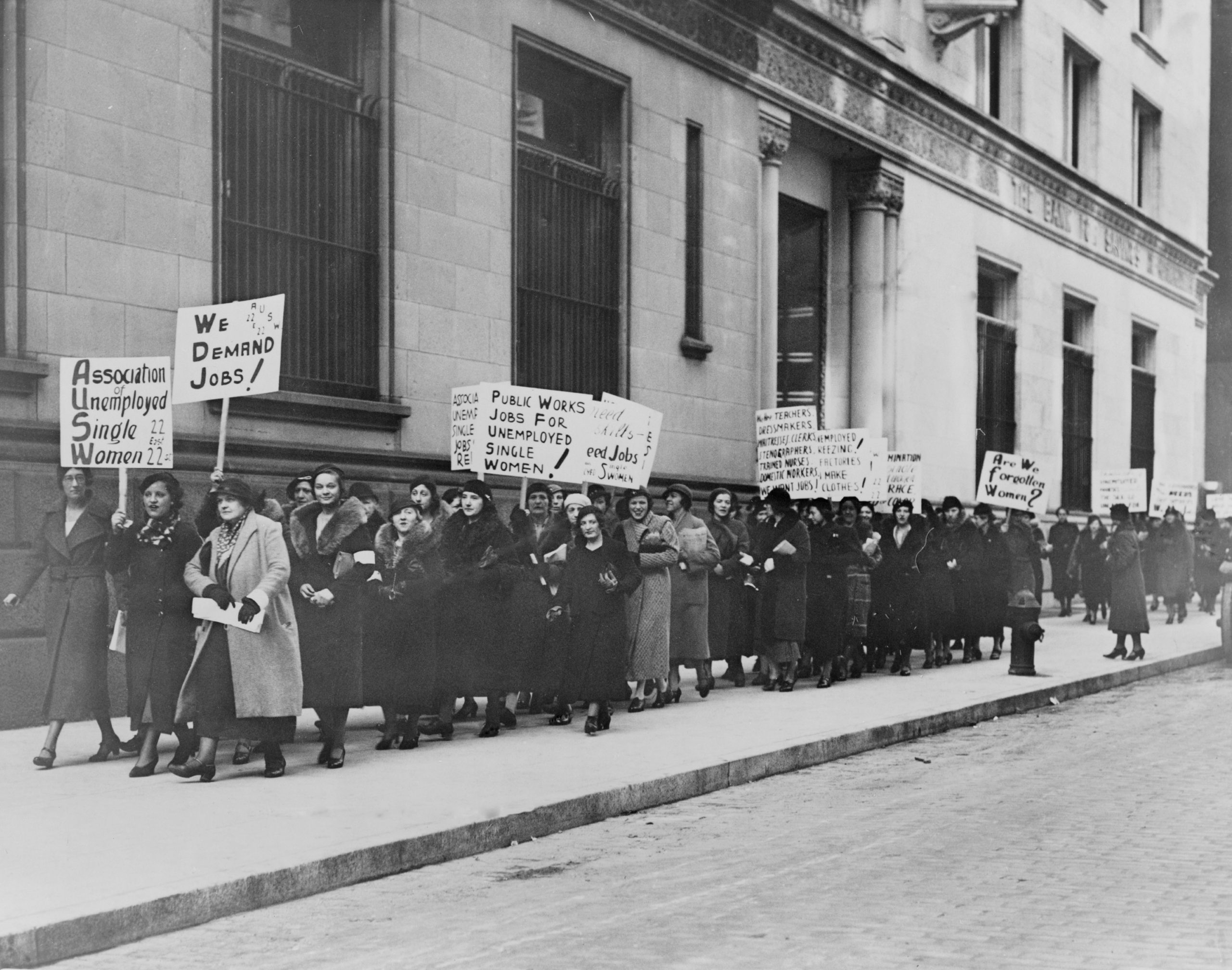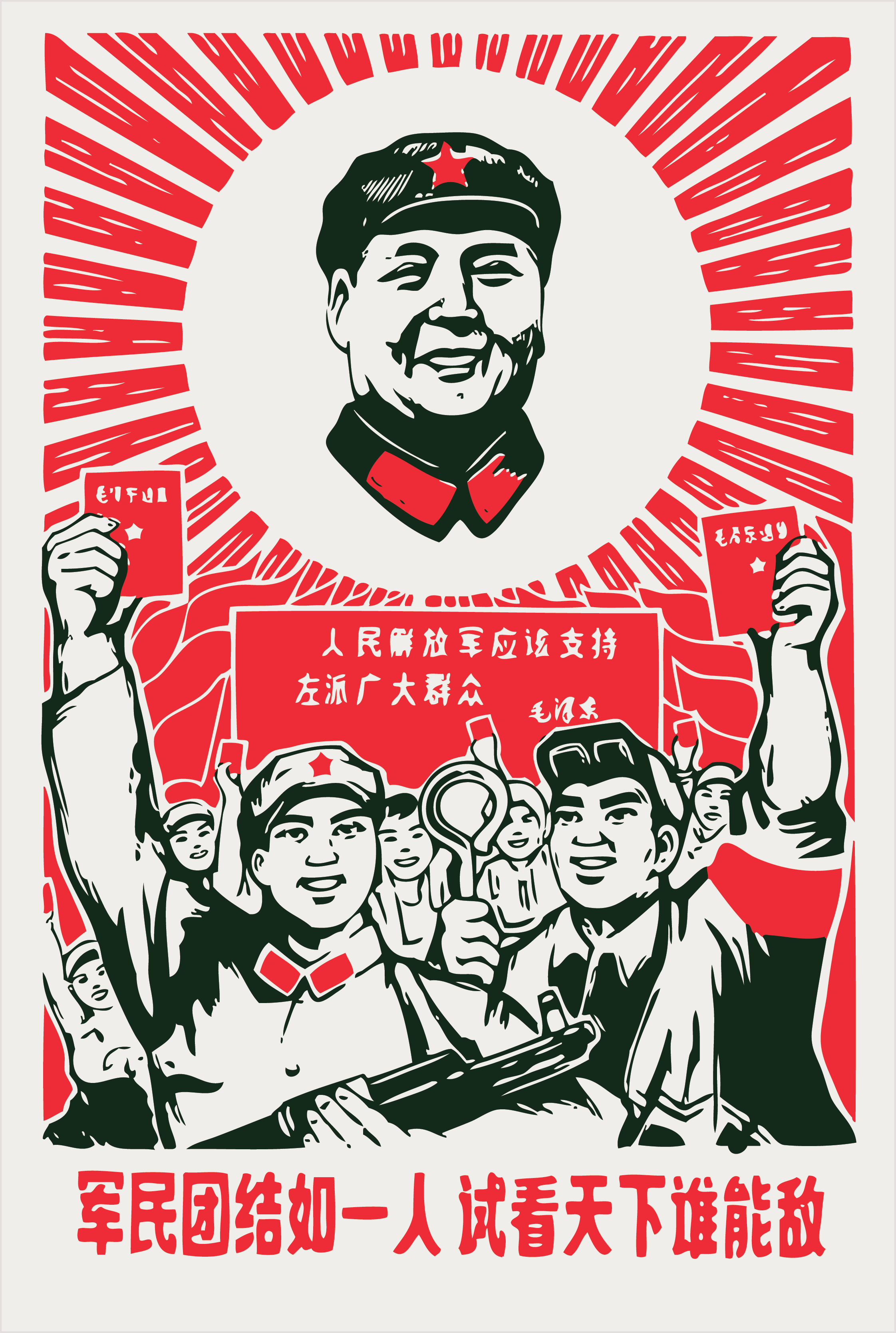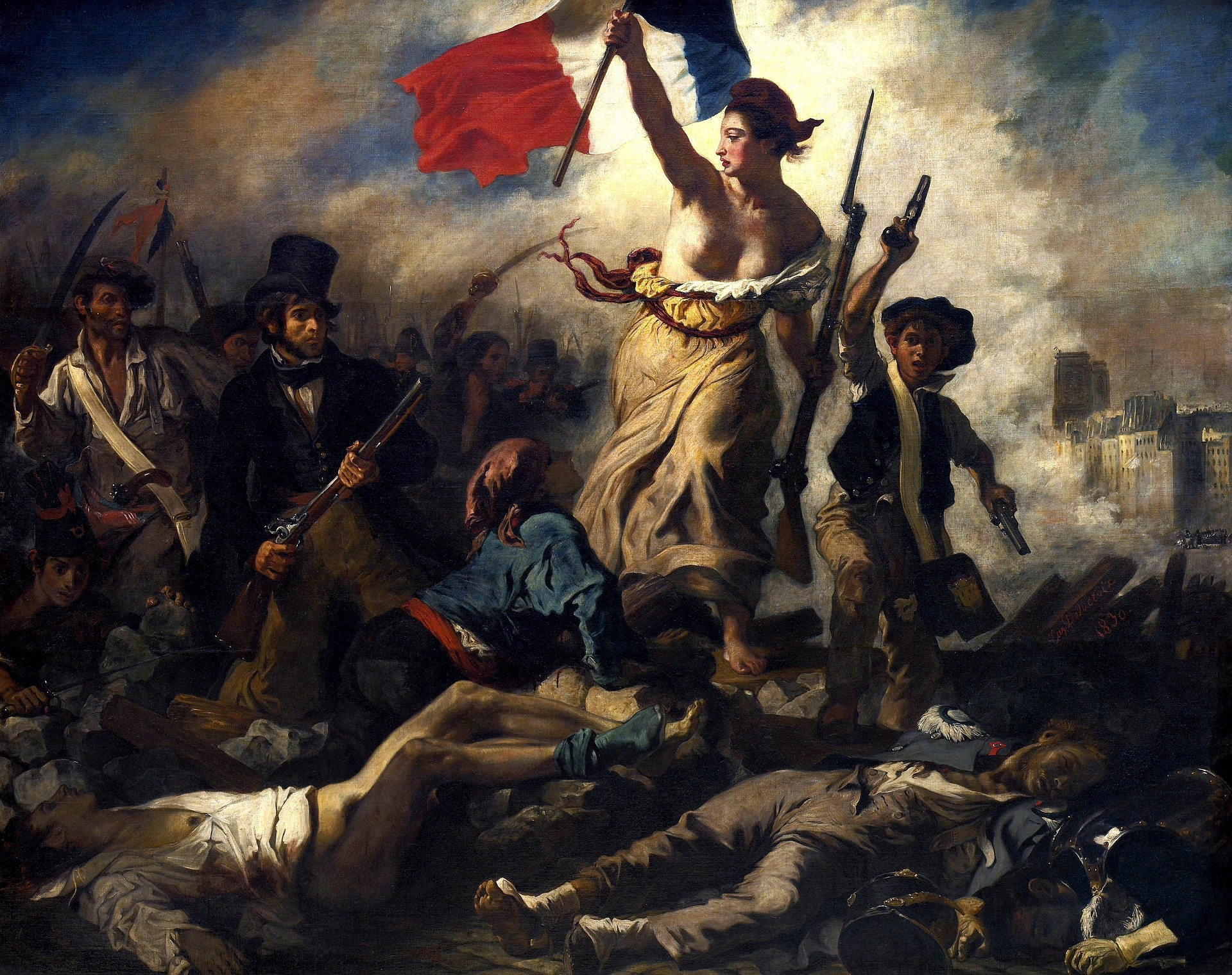History: Modern History
Unit 1

Overview
Change and Conflict
In this unit we investigate the nature of social, political, economic and cultural change in the later part of the 19th century and the first half of the 20th century and look at the significant events, ideas, individuals and movements that shaped and defined the modern world. We explore the impact of the treaties which ended the Great War and which redrew the maps of Europe and its colonies, breaking up the former empires of the defeated nations and consider the aims, achievements and limitations of the League of Nations. We examine the role of new ideologies of socialism, communism and fascism. Students explore the social life and cultural expression in the late nineteenth century and the first half of the twentieth century, and their relation to the technological, political and economic changes of the period.
Download > VCE History Study Design
Unit Prerequisites
N/A
Areas of Study
- Ideology and conflict
- Social and cultural change
Unit Assessment
Assessment includes:
- Essay
- Document Analysis
- Historical Inquiry Task
- Examination
Pathways
Students who have studied History are valued for their skills in research, analysis and critical thinking. These skills are utilised in areas such as: journalism, media, marketing, tourism, teaching, librarian, academia, heritage consultancy, public history and restoration projects, archives, curating, museum conservator, foreign affairs, research analyst, lawyer, anthropology and archaeology.
History: Modern History
Unit 2

Overview
We explore the nature and impact of the Cold War and challenges and changes to existing political, economic and social arrangements in the second half of the twentieth century which was dominated by the competing ideologies of democracy and communism.
In the first area of study we focus on causes and consequences of the Cold War; the competing ideologies that underpinned events, the effects on people, groups and nations, and the reasons for the end of this sustained period of ideological conflict.
In the second area of study we focus on the ways in which traditional ideas, values and political systems were challenged and changed by individuals and groups in a range of contexts during the second half of the twentieth century and the first decade of the twenty-first century. We explore the causes and consequences of significant political and social events and movements.
Download > VCE History Study Design
Unit Prerequisites
N/A
Areas of Study
- Causes, course and consequences of the Cold War
- Challenge and change
Unit Assessment
Assessment includes:
- Essay
- Document Analysis
- Historical Inquiry Task
- Examination
Pathways
Students who have studied History are valued for their skills in research, analysis and critical thinking. These skills are utilised in areas such as: journalism, media, marketing, tourism, teaching, librarian, academia, heritage consultancy, public history and restoration projects, archives, curating, museum conservator, foreign affairs, research analyst, lawyer, anthropology and archaeology.
History: Revolutions
Unit 3+4

Overview
Revolutions are caused by the interplay of ideas, events, individuals and popular movements. In Revolutions, students investigate the causes and consequences of the French and Russian revolutions.
In the first area of study students analyse the long-term causes and short-term triggers of revolution. For France this includes topics such as the Enlightenment, the role of the monarchy, revolt of the Notables, Estates General, Storming of the Bastille and August Decrees. For Russia, students study topics such as the impact of World War I on Tsarist Russia, Bloody Sunday, February and October 1917 revolutions.
In area study two, students analyse the consequences of the revolution and evaluate the extent to which the revolution maintained continuity and brought change to society. They evaluate the success and outcomes of the new regime’s responses to challenges.
Download > VCE History Study Design
Unit Prerequisites
Studying at least one semester of History in either Unit 1 or Unit 2 is advantageous.
Areas of Study
- Causes of revolution
- Consequences of revolution
Unit Assessment
- School assessed coursework for Units 3 & 4 will contribute 50% to the final assessment
- The end of year examination will contribute 50% to the final assessment
Pathways
Students who have studied History are valued for their skills in research, analysis and critical thinking. These skills are utilised in areas such as: journalism, media, marketing, tourism, teaching, librarian, academia, heritage consultancy, public history and restoration projects, archives, curating, museum conservator, foreign affairs, research analyst, lawyer, anthropology and archaeology.

